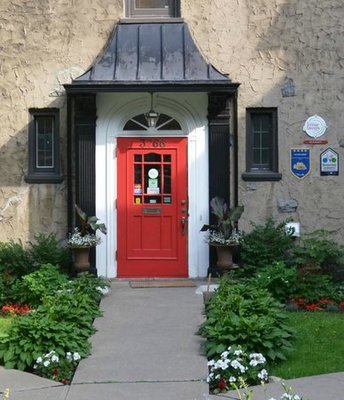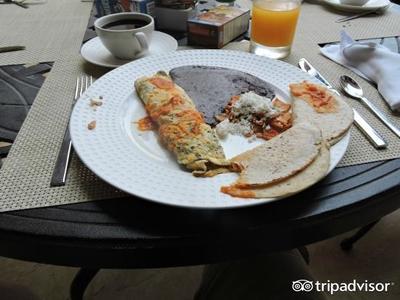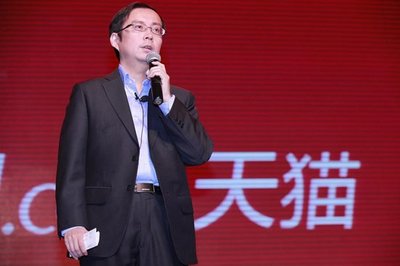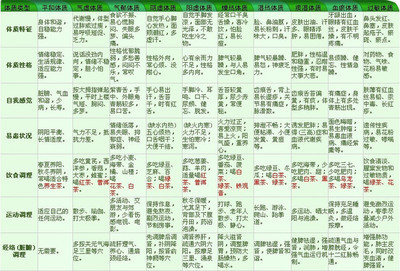used to do过去常常做某事
be used to doing习惯于做某事
be used to do sth被用来做某事
1.usedto的一般疑问句有两种构成方法:
1)将used提前至句首,结构为:Used + 主语 + to do sth...?
2)将did提前至句首,结构为:Did + 主语 + use to do sth...?
例如:
Used he to get up early?
= Did he use to get up early?
2. used to的反义疑问句有两种构成方法,例如:
1)He used to smoke,didn't he?
2)They usedn't to like opera,did they?
3. 同样,其否定句也有两种构成方式:
1)直接在used后面加上not,也可一起缩写成usedn't.
结构为:主语 + used not to do sth... 或 主语 + usedn't to do sth...
2)借助于助动词didn't,其结构为:
主语 + didn't use to do sth....
例如:
He used not to get up early.
= He usedn't to get up early.
= He didn't use to get up early.
4、be(get,become)usedto结构在意义上相当于accustomedto“习惯于”,从形态上看,used是个分词型形容词,to是介词,因此后面只能跟名词、代词或动名词。例如:
1)They got used to living in the countryside.他们已习惯于住在农村。
2)I've got used to being a vegetarian.我已经习惯吃素食。
3)He is used to hard work.他习惯于艰苦工作。
5、be usedto表示“习惯于某事”的状态,而get usedto则表示由“不习惯”到“习惯于”这一动态的过程,意思是:“(变得)习惯于”;“开始习惯于”。试比较:
He was used to the cold weather after he lived there for twoyears.
在那里住两年后,他已习惯了寒冷的天气。
I think it is a bit difficult for you to get used to the humidweather here.
我想,让你习惯于这里潮湿而炎热的天气有点困难。
You'll soon get used to living in the country.
很快你就会习惯于住在乡下了。
6、当主语是物的时候是指被用来做某事,be usedto是动词use的被动语态,在这种结构里,to是不定式符号。例如:
A metal bar was used to force the door open.
用金属棒把门撬开。
The threshing ground was used to hold a mass meeting.
打谷场曾用于举行群众大会。
 爱华网
爱华网


